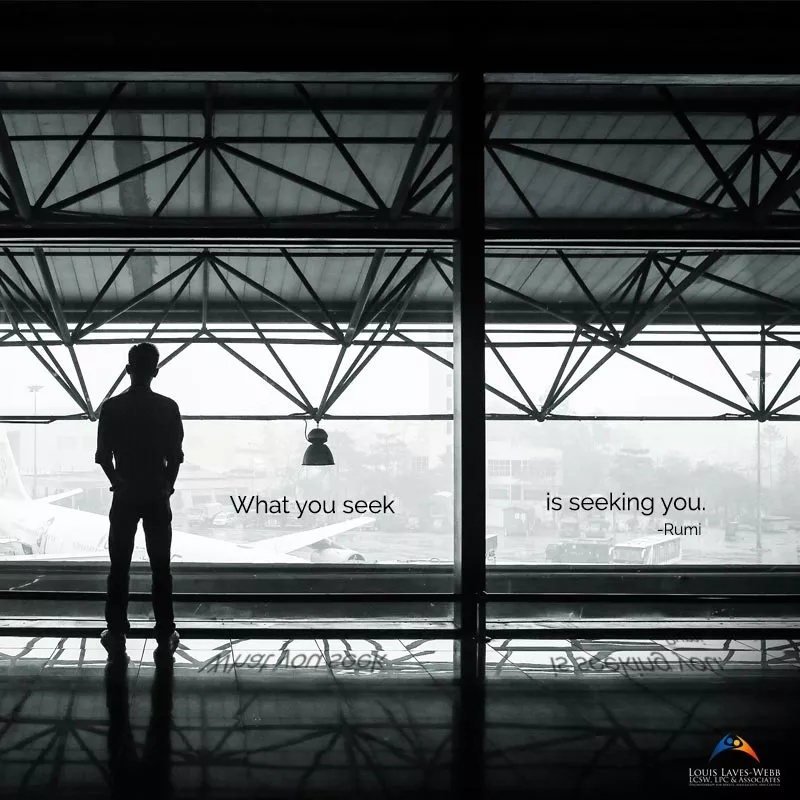Same Day, Weekend, and Evening Appointments Available!

In Jungian psychology, the basic assumption is that the personal unconscious (ideas, feelings, or attitudes outside of our conscious awareness) are a potent part of the human psyche. Additionally, dreams, symbols, and archetypes are considered the language of the unconscious. Jung also speaks of a collective unconscious, one that contains answers to more fundamental questions of humanity; life, death, fear, meaning, and happiness and one that we are each intimately connected with as a part of the human condition. From this collective unconscious arise synchronistic events, societal shifts, and breakthroughs in human understanding.